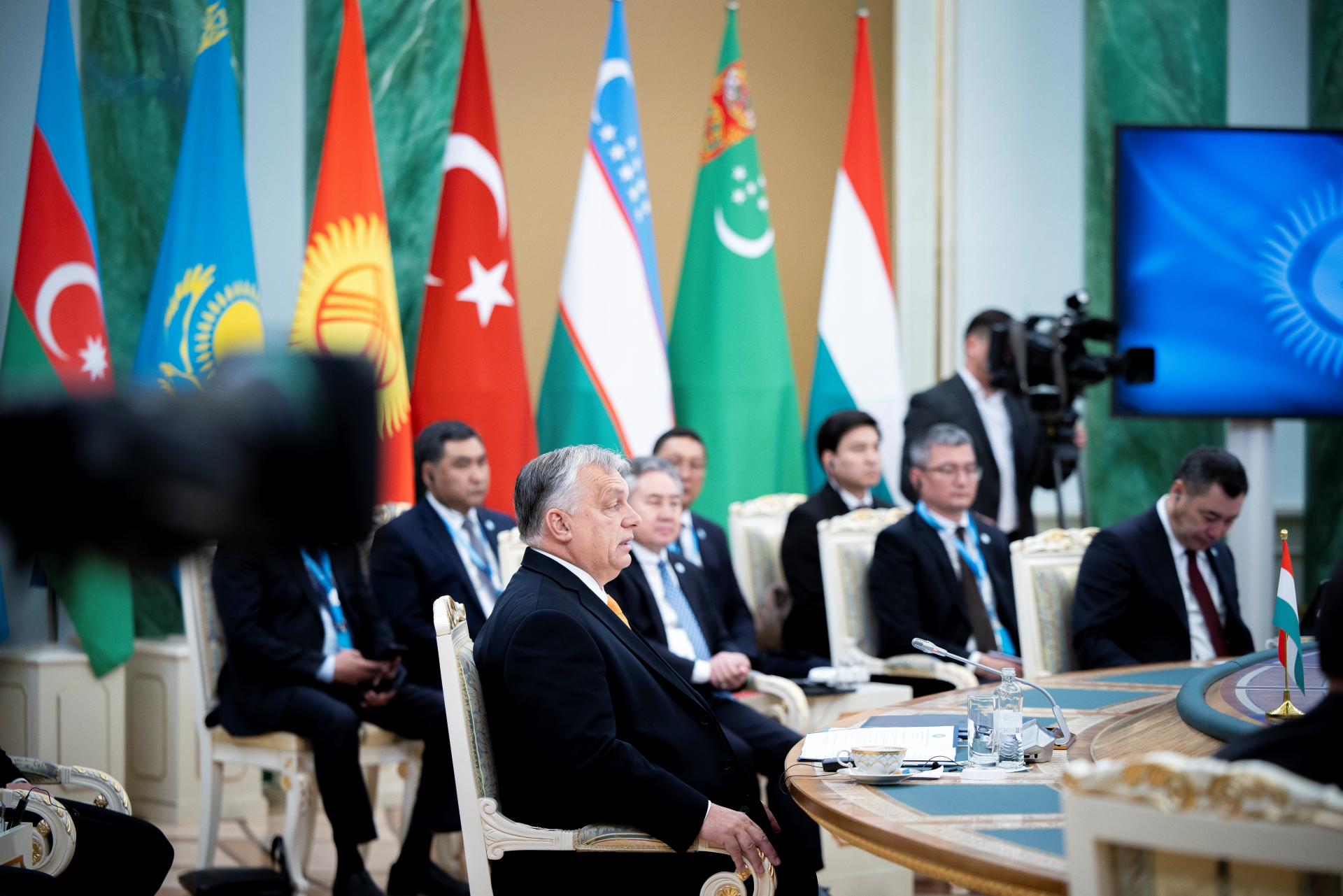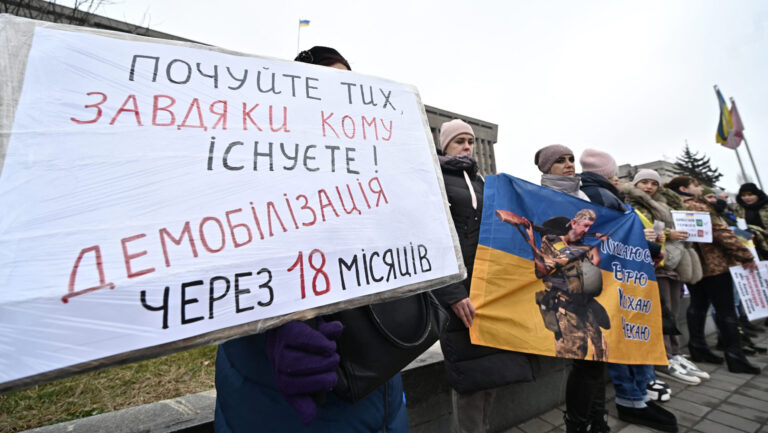The times we are living in are turbulent, and European politics are dominated by serious challenges, said the Hungarian Prime Minister on Friday in Astana at the 10th Summit of the Organization of Turkic States (OTS).
In his speech at the summit, Viktor Orbán stated that Europe is facing difficult dilemmas, and the answers provided will have a strong impact on the relationship between the Turkic world and the continent. The PM emphasized that from a European perspective, global security is currently in the worst condition since the end of the Cold War. He underscored: ‘The situation has never been as difficult and complicated in the last thirty years as it is now.’
The PM reminded the participants of the Russo–Ukrainian war, the armed conflicts in the Middle East, increasing terrorist threats in European Union countries, and the inability of countries stop the waves of migration at Europe’s borders, with the exception of Hungary. The world economy has turned upside down twice in a short time, he noted, once due to COVID and once because of the Ukrainian war, while energy prices have risen, seriously harming European competitiveness.
‘The European dilemma is whether to divide the world economy into blocs or develop global connections and connectivity,’
said Viktor Orbán. He explained that one direction wants to push Europe towards bloc-forming: first, they cut the ties between the European and Russian economies, which formed the basis of the continent’s economy, and now there is a debate whether to restrict Eastern connections, including with China.
According to Orbán, the other approach, which Hungary also endorses, seeks to strengthen cooperation, and sees development and competitiveness as a result of growing interdependence. He emphasized: ‘Therefore, we want the upcoming period to be about connectivity and global connections,’ and he pointed out that he considers the Turkic Council the ‘champion of connectivity,’ and he believes that the direction they have followed in recent years is the right one.
The PM addressed the European debate surrounding the Russo–Ukrainian war, noting that this poses a direct risk to everyone living on the continent, including the Hungarian people. He emphasized that the war has been going on for a year and a half, and it is clear that the previous European strategy has failed. He added that the plan was for Ukraine to fight, and that Western countries would provide money and weapons, so Ukraine could win, there would be changes in Moscow, and an agreement could be reached with the new Russian leadership.
According to the PM, this was an ambitious and logical plan, but it did not work,
so now the question dominating European politics is whether to face the realities and work out a ‘Plan B.’ He mentioned that there is an agenda in the EU to provide 50 billion Euros to Ukraine. Orbán evaluated this as a sign that the majority still thinks they should continue the previous, failed strategy and finance it. The prime minister added that this debate causes significant tension among European countries and is expected to last at least two months. He informed the presidents that Hungary advocates for a ‘Plan B,’ which focuses on a ceasefire, peace negotiations, and building a new European security architecture, which is reassuring for both Ukraine and acceptable for the Russians.
Viktor Orbán expressed his conviction that in the new European security architecture, Turkey must be present, and through Turkey, the Turkic world must also be involved because
it is impossible to imagine a sustainable and long-term European security structure without Turkey.
He mentioned that in the current international situation, the role of the OTS is becoming more significant. The Turkic states have been able to moderate conflicts and reduce escalation risks. ‘Hungary would like to continue this policy in the OTS,’ he emphasized. The PM confirmed that Hungary is ready to participate in the work of the Turkic Investment Fund and maintains its commitment to the 100 million Euro contribution. He expressed gratitude for Hungary’s ability to join the work of the Green Financial Council and reminded the council members that Hungary is one of the 20 countries in the world whose GDP is growing while emissions are reduced.
In his speech, Orbán thanked President Kassym-Jomart Tokayev of Kazakhstan for the invitation, expressing great pleasure in attending the summit, and wished him a successful presidency. He conveyed the ‘respect of the Hungarian people’ to President Recep Tayyip Erdoğan of Turkey and Turkey on the occasion of the 100th anniversary of the Republic’s establishment.
He also thanked Recep Tayyip Erdoğan for his efforts to restore European peace. Viktor Orbán greeted President Shavkat Mirziyoyev of Uzbekistan separately and thanked him for successfully leading the Organization of Turkic States during ‘a very difficult and complicated’ period.
The Hungarian prime minister wished President İlham Əliyev of Azerbaijan success in his efforts to stabilize the region and in the reconstruction of Karabakh.
Related articles:








